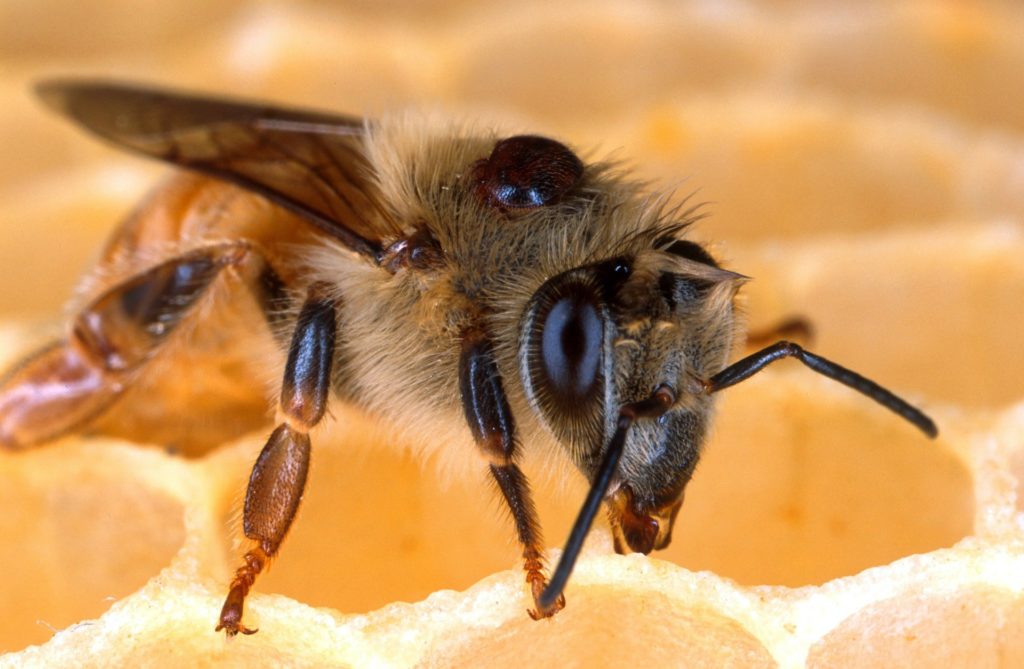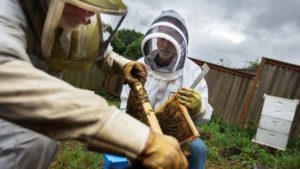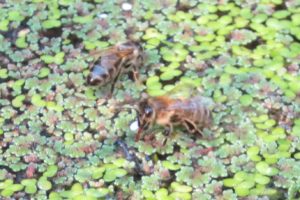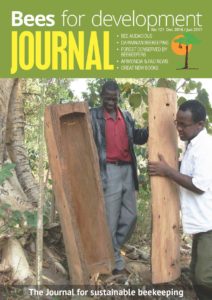Audacious Idea Six: Got to be cruel to be kind
Audacious Idea Six
Stephen Martin
Got to be cruel to be kind
Beekeepers whether hobbyists or running large commercial operations never like to lose bees, or worse still, colonies. Based on economic reasoning or simply the love of the honeybee, small ‘failing colonies’ are typically united or strengthen by the introduction of frames of brood. In fact, many beekeepers will try any think to save their colonies.
Is this really helping the bees in the long-term? You would never place a sick person suffering from an infectious disease within a healthy population and when more people get sick, try to cure them by adding in more healthy people. So why do beekeepers routinely do this as part of their normal beekeeping practice?

Honey bees have always suffered from a wide range of disease, and highly virulent strains of fungi, bacteria or viruses, by their very nature find it very difficult to persist within a fragmented population, such as that found in a widely dispersed ‘wild’ honeybee population. Morden beekeeping in apiary’s where large numbers of colonies are kept at high densities are a pathogens dream. Up to 30% of the bees within a colony in an apiary were never born there! The mixing of bees between colonies deliberately or accidentally combined with the movement of honeybees both within and between countries allows pests and pathogens to rapidly spread and more importantly, allows virulent strains to persist within a population from much longer periods of time.
So my audacious idea is to destroy dwindling (sick) colonies as soon as possible and reduced by whatever means possible the movement of bees at all scales even between colonies by spacing colonies so drifting bees are eliminated. Let natural selection do the work.
Get your tickets – help the bees.




